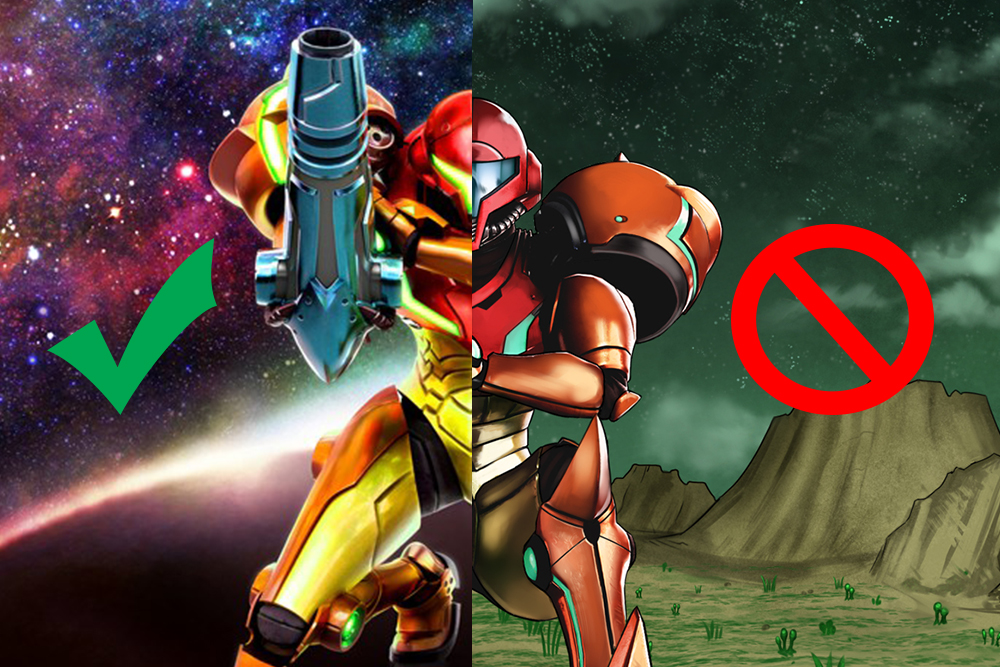Fan-made games help build awareness around IPs, but publishers must draw the line between free promotion and piracy. Sixty-nine percent of millennials named brand recognition as the most important driver of brand loyalty, according to a study by NewsCred, so learning about a brand through its fans couldn’t hurt . . . could it?
Halo certainly doesn’t need help with brand awareness, but that didn’t stop developer 343 Industries from allowing a fan game to continue undaunted.
Installation 01 is an “artistic tribute” to Halo that aims to recreate classic multiplayer experiences for Windows, Mac, and Linux players. The creative team behind the project has been especially careful to follow Halo‘s Game Content Usage Rules to the letter—something that, for now, has garnered legal approval from 343 Industries.
“We’re going to say that [343 Industries] support[s] us as potential fans just as you all support the project right now,” the Installation 01 team shared on the project website. “They like what they see from the project, and they are certainly open to playing with us.”
While Half-Life fans dream of a third installment to the series, Valve has approved an unofficial spin-off called Prospekt in the meantime. Developed first as a job application by fan Richard Seabrook, the project was officially green-lit by Half-Life developer and Steam proprietor Valve for publication last year. But unlike Installation 01, however, Seabrook and his team are allowed to earn money.
“They said, yep, this is all yours,” Seabrook told Wired. “The only thing I couldn’t use was the voice acting. But they said, yep, go for it, you can use all the IPs, you can take stuff from multiple IPs, you can do whatever you want.”
Video games inspire fans to express themselves in a myriad of ways from cosplay to fan art, music, film and (of course) games. While publishers appreciate and encourage most tributes, playable games fall into a legal area that may promote and threaten an IP at the same time.
Nintendo will not hesitate to defend its famous games and characters, as it did with Project AM2R, a fan-created remake of Metroid 2. After working on the title for eight years, a cease and desist letter brought the project to a grinding halt.
During E3 this year, Nintendo announced an official remake of Metroid 2 called Metroid: Samus Returns. When asked about the since-canceled fan project, Nintendo president, Reggie Fils-Aimé explained the company’s reasoning.
“I think there needs to be clarity in what the line is, and, in our view, the line is when an initiative crosses from being an homage to something that is monetizing our IP,” Fils-Aimé told Vice. We allow homages to exist in a variety of different ways. And, for me personally—as a fan before I was an executive, I understand the attraction that you could have to our IP. But, when it transitions to something that . . . you’re trying to profit off of, that is what broaches or breaks through that line for us, where we have to claim our IP protection.”
Similarly, Square Enix pulled the plug on a number of Chrono Trigger fan projects, and Activision Blizzard issued a cease and desist letter to one fan over a Starcraft MMO mod.
Modifications, or “mods,” use an existing game’s framework to change elements or even create a whole new game. Some of the most popular games fans have modified and shown on livestreams include Grand Theft Auto V, Minecraft and Unreal Tournament.
Epic Games, the developer behind Unreal Engine 4 and Unreal Tournament, the engine’s namesake, not only allows modding but encourages it.
“There is no limit to what you can do,” Stacey Conley, community manager for Unreal Tournament told AlistDaily. “Modding also offers a sense of community to those who love games, and are interested in how they are made, learning by using actual development tools like Unreal Engine 4. Teams form, and some go on to create their own games.” To underscore the point, some of today’s most prominent games, particularly Counter-Strike, Dota and even PlayerUnkown’s Battlegrounds started as mods.
Analyst Joost van Dreunen, CEO of SuperData, agrees in the value of allowing fan creativity.
“Fan-created video games are a key component in the way that an IP-holder will create value today,” he told AListaily. “If you look at titles like Minecraft, it is immediately clear that ‘opening’ things up to players and fans ultimately benefits everyone. However, the traditional mindset among publishers has been to aggressively protect their IP from dilution, and in the traditional capital intensive product-based business that made sense. But that has changed with the popularization of games as a service.”

